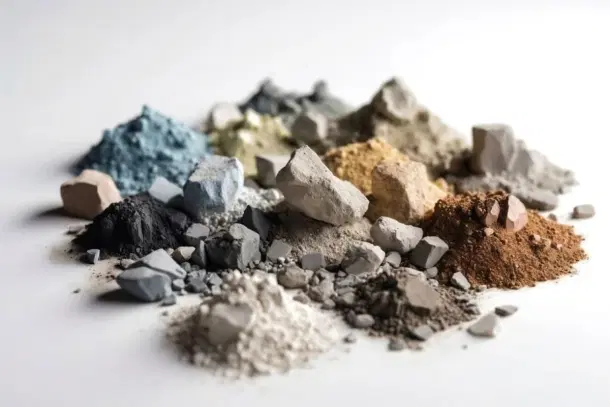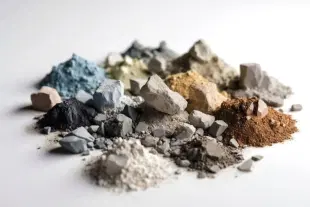News Brief
India–Australia Rare Earth Push Aims To Break China’s Market Dominance On Critical Minerals
Swarajya Staff
Aug 10, 2025, 05:11 PM | Updated 05:18 PM IST
Save & read from anywhere!
Bookmark stories for easy access on any device or the Swarajya app.


India and Australia are reportedly moving toward a strengthened strategic minerals alliance aimed at challenging China’s control over the global rare earth supply chain.
Negotiations are under way to expand their 2022 critical minerals investment partnership into joint ventures spanning both sourcing and collaborative processing of these essential elements, which underpin industries from electric vehicles to defence systems, SCMP reported.
Rare earths, a group of 17 minerals essential to modern technology, are relatively abundant but costly and complex to extract, particularly heavy rare earths such as terbium, which fetch high prices.
China currently accounts for over 60 per cent of global rare earth mining and nearly 90 per cent of processing output.
Australia has positioned itself as a leading alternative supplier, home to major deposits including the Mount Weld mine in Western Australia.
India holds the third-largest reserves globally — about 6.9 million tonnes in monazite-rich sands along the coasts of Andhra Pradesh, Odisha and Kerala, with new finds in Rajasthan’s Jalore and Barmer districts — but produces less than 1 per cent of global output due to processing constraints, outdated mining methods, and legal restrictions under the Atomic Energy Act of 1962.
Due to their critical uses, REEs and critical metals like lithium are considered vital for achieving energy transition goals and maintaining national security.
However, the global supply of these elements is highly concentrated, with China controlling a significantly high portion of both rare earth and lithium production.
China recently imposed export restrictions on eight key electric vehicle (EV) battery technologies, including key tech used to produce battery cathodes, a crucial component in lithium-ion batteries that determines their energy density and performance.
China had earlier in April imposed tighter export controls on rare earth magnets — critical components for electric vehicles, wind turbines, and electronics.
The move resulted in a sharp drop in global shipments and rising uncertainty across supply chains.
Export approvals became slow and selective, forcing manufacturers across sectors to wait weeks for shipments or rework sourcing entirely.
India’s electric vehicle and auto parts industry was also among those hits by Chinese export curbs, with automakers reporting delays in sourcing magnets and electric motor component.
This reliance on one nation has made countries like India focus on securing a stable, diversified supply to ensure long-term technological advancement and economic resilience.
Analysts cited in the SCMP report note that Australia’s advanced mining technologies and established supply chains could help India overcome production bottlenecks.
Australian firms are expected to participate in upcoming Indian auctions for rare earth mineral blocks.
Canberra is also considering a price floor to support its domestic critical minerals industry and has pledged 1.2 billion billion Australian dollars ($782 million) for a strategic reserve.
Business forums such as the Australia-India Business Exchange are expected to facilitate cooperation, though challenges remain.
However, India’s strict environmental regulations, low mineral concentrations, and high extraction costs, alongside Australia’s need to safeguard its own resource security, could complicate progress.
This comes as China is unlikely to ease rare earth supplies to India in the short term, making diversification through partnerships with Australia and other members of the Quadrilateral Security Dialogue — the US and Japan — a priority for New Delhi.
However, relations with Washington have been strained by new US tariffs that have raised the duty burden on Indian imports to 50 per cent, creating uncertainty around ongoing trade negotiations.
Analysts view the India–Australia collaboration as a critical step toward securing rare earth supply chains, potentially positioning both countries as influential players in the sector despite continued global trade tensions.
Also Read: Trump's Deal With China Pushed India To Harden Stance On Trade Pact With US: Report




